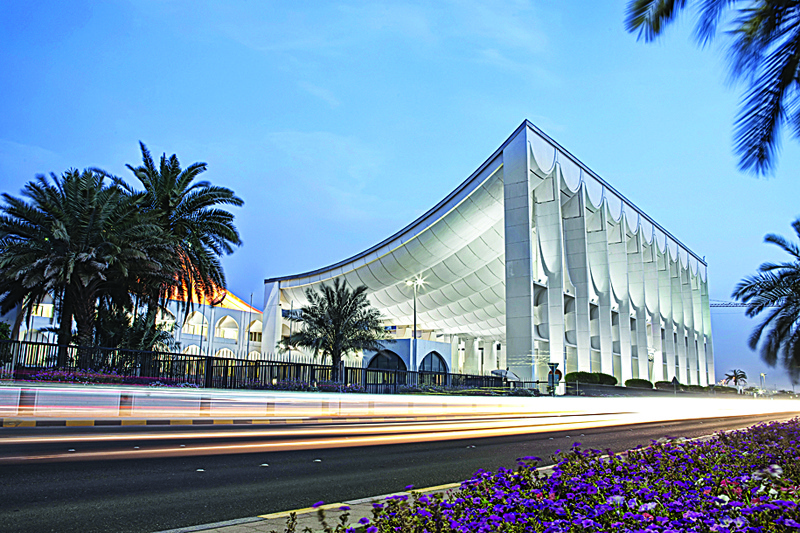By B Izzak
KUWAIT: MP Hisham Al-Saleh yesterday submitted a draft law calling on authorities to grant thousands of stateless people or bedoons the Kuwaiti citizenship to end decades of sufferings for them. The draft law stipulates that concerned authorities should within one year of approving this legislation start granting bedoons who or their forefathers have been registered in the 1965 census, the first official census in the country after independence.
The bill also proposes that the government should also naturalize between 1,000 and 3,000 every year of qualified bedoons who were not registered in that census. The rest of bedoons, the bill proposes, should be given a 10-year renewable residency granting them free public services provided they reveal their original citizenship.
There are over 100,000 bedoons in Kuwait who claim the right to citizenship. The government acknowledges that only 35,000 of them qualify for consideration for citizenship and the rest are nationals of other countries. But only a few of them have been naturalized. Kuwaiti authorities claim that a majority of bedoons or their forefathers came to Kuwait decades ago from neighboring countries and damaged their identification documents and passports.
Bedoons however insist that their forefathers had lived in Kuwait before the country issued its first nationality law in 1959 and were denied citizenship due to some administrative work. They insists that the only country they know is Kuwait. During the past two decades, authorities cracked down on bedoons to force them to reveal their original identities, depriving them of basic rights to essential services, jobs and even to birth and death certificates. Some of them cannot complete wedding formalities.
In the meantime, MP Abdullah Al-Turaiji yesterday asked Justice Minister Abdullah Al-Roumi about the number of people on death row and have been in jail for years without executing the death sentence. The lawmaker also asked if the judicial authorities have a plan to speed up the trial of people accused of murders in a bid to stop what Turaiji described as the spread of brutal crimes in the country. Kuwait has rarely carried out the death sentence on people who had received a final death sentence for over a decade. Dozens of people on death row have been waiting to be executed.


